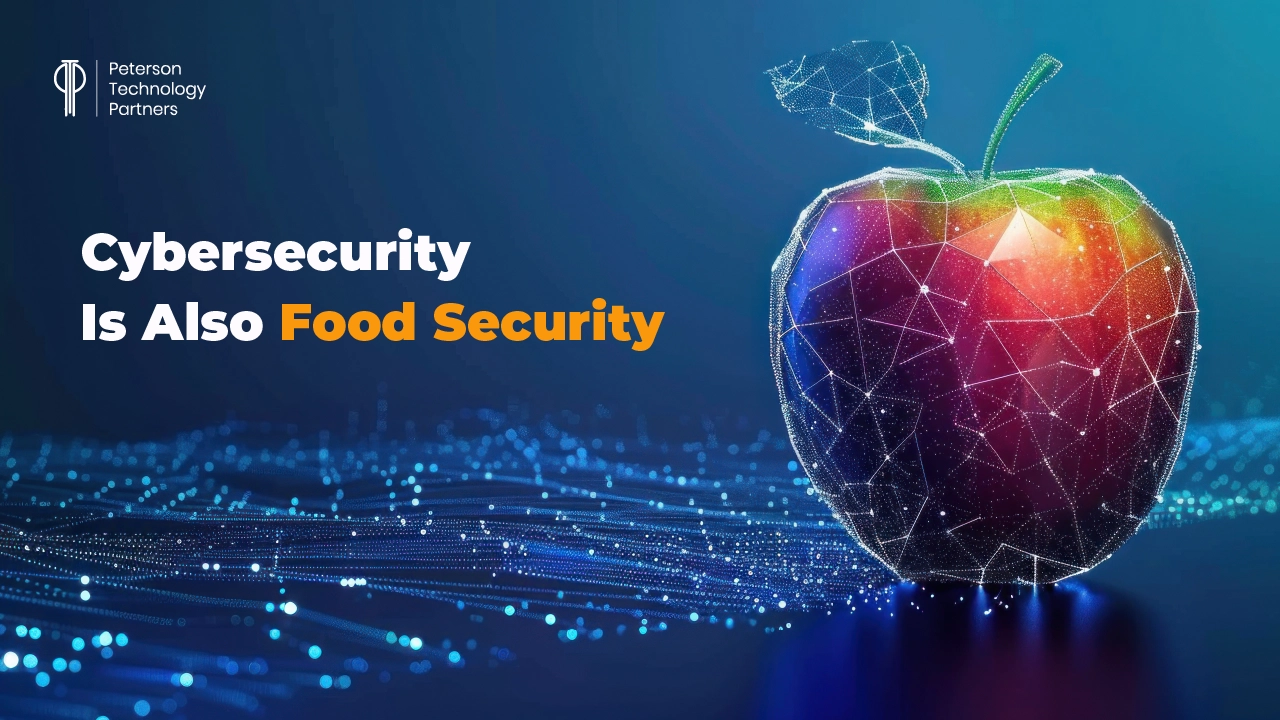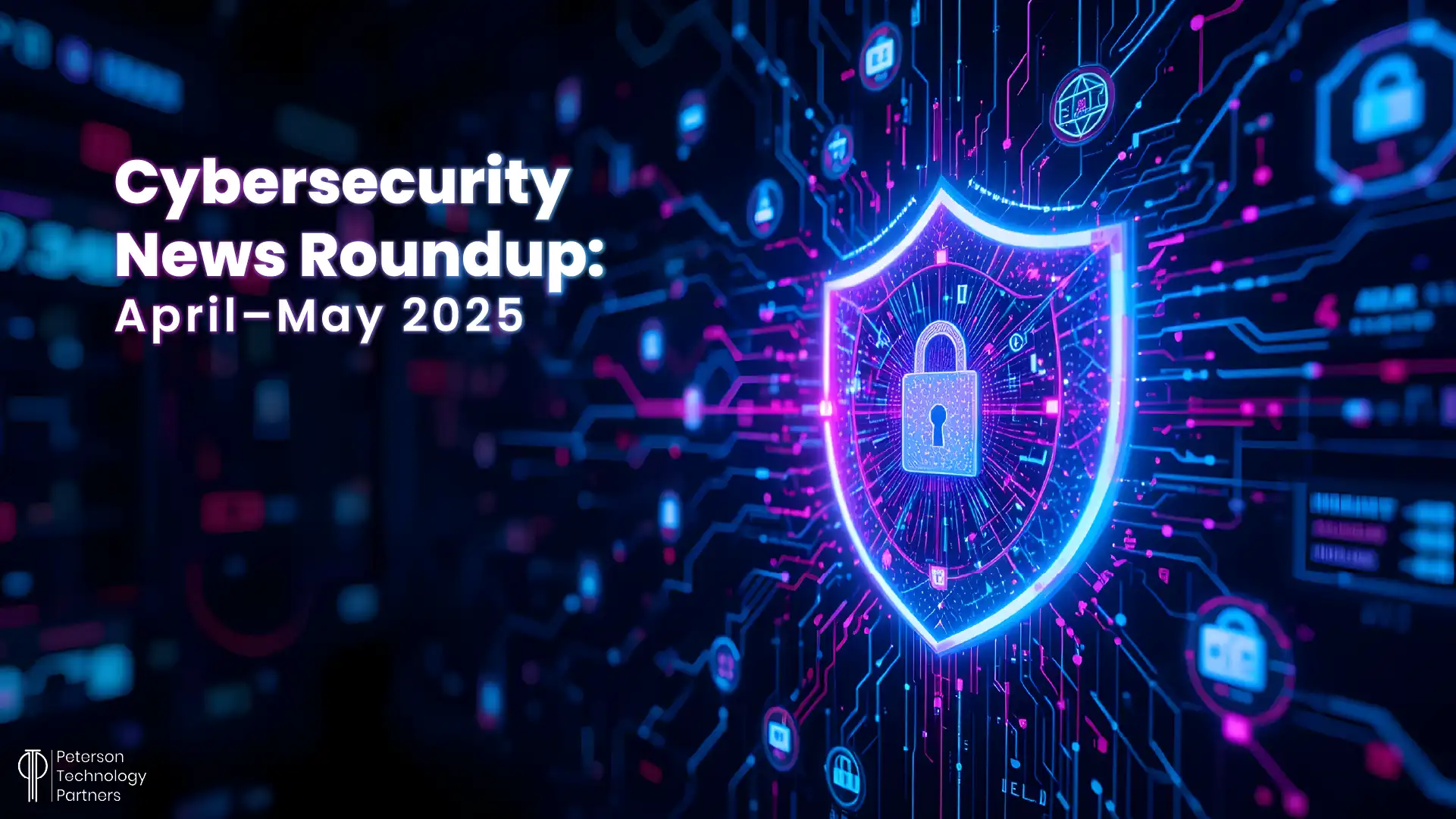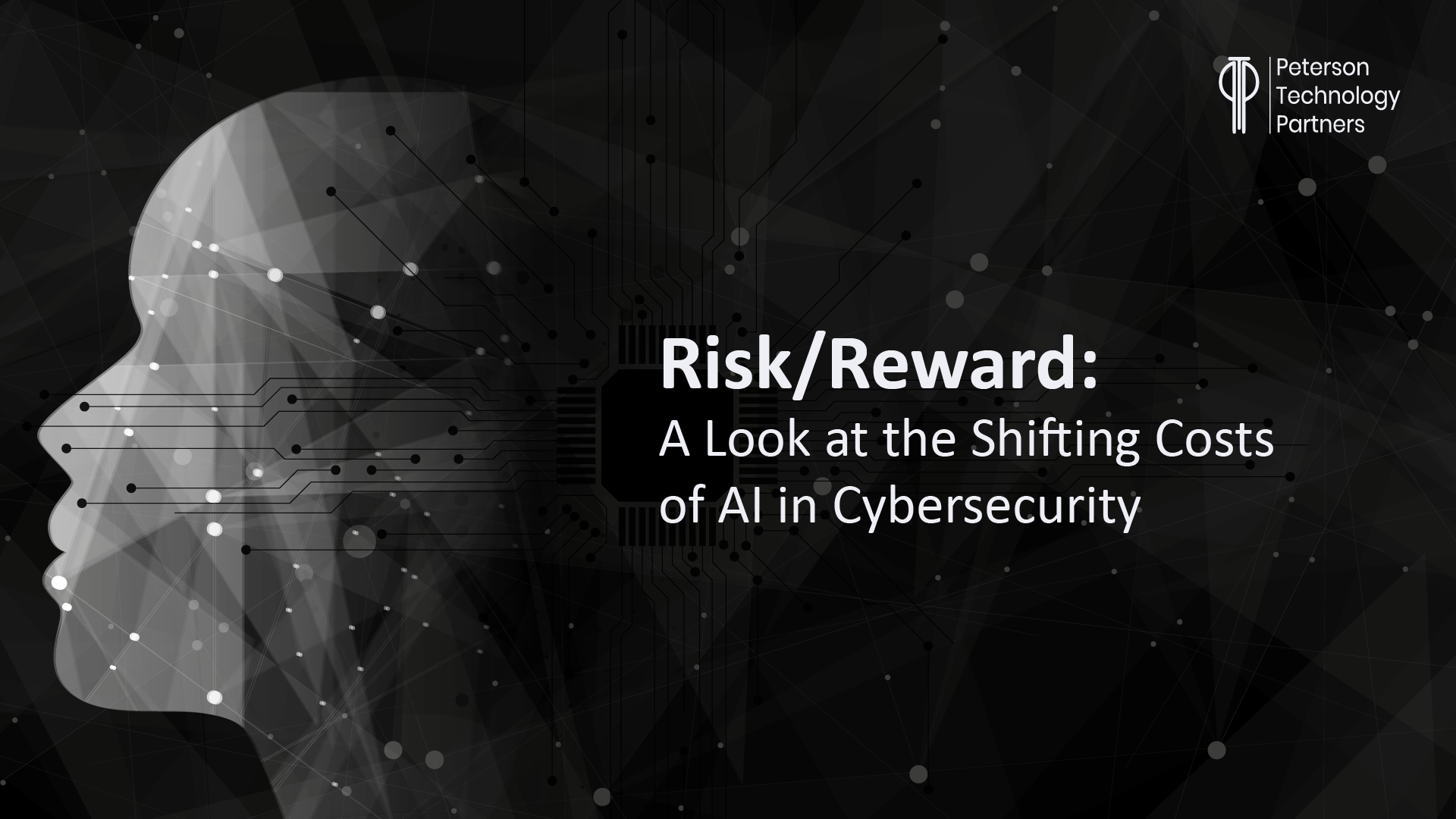Cybersecurity Expertise Is in Demand
Cybersecurity threats compound exponentially. What does that mean? By the year 2025, cybersecurity researchers predict that the cost of cybercrime will climb to over $10 trillion, up from a potential $8 trillion in 2023.
The impact of cyber-threats on revenue is significant. Hiring cybersecurity engineers, analysts, researchers, and consultants help address the rapidly expanding digital threat landscape.
If you have exceptional programming ability, solid logical abilities, problem solving skills, and a desire to work at the forefront of technology, you could become one of them.











